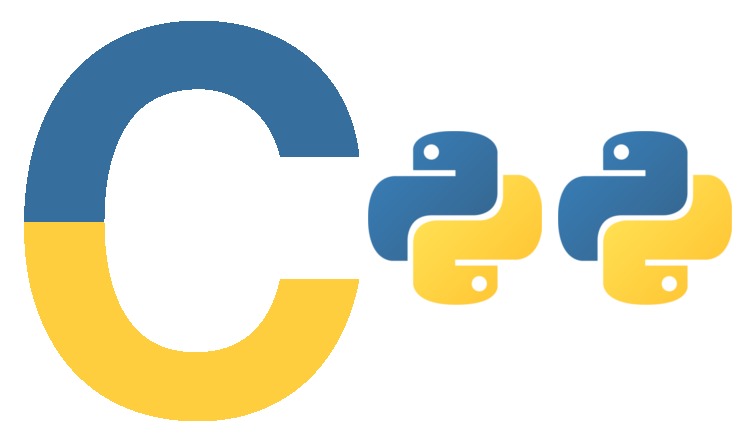simpleroseinc

Developer Tips
Invalid pointer values
by Zhihao Yuan
J official implementation, by default, keeps an integer that represents
a pointer to a local variable in function JInit:
double y;
jt->cstackinit=(uintptr_t)&y;
After the function exits, it is legal to use jt->cstackinit in arithmetic
expressions, but it would not be legal to cast this integer back to
double*. Without the (uintptr_t) cast, it is not legal to do pointer
arithmetic around the dangling pointer either.
In C++, only three kinds of pointer values are valid:
- A pointer to an object (whether or not the object’s lifetime has ended) or a function, or
- a past-the-end pointer, or
- a null pointer.
Example for the past-the-end pointers:
int a;
auto p = &a + 1; // ok
int b[2];
auto pe = b + 2; // ok
All other pointer values are invalid pointer values. Typically, when a pointer refers to a storage region that reached its end of the duration, that pointer has an invalid pointer value. An implementation has the right to terminate the program when you attempt to copy an invalid pointer value, regardless of whether you attempted to dereference that pointer.
tags: cplusplus - safety